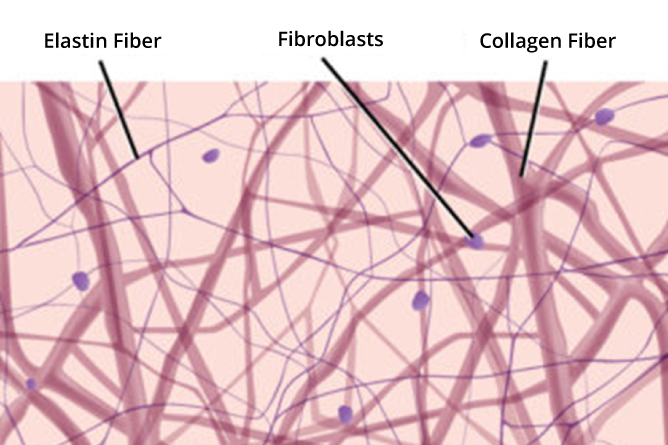
Study Questions Fat and Heart Disease Link
A recent study sought out to determine how dietary fats influenced heart disease. The meta-analysis (which is a type of study that examines a large pool of previously conducted studies to find trends in the results) has been published in the journal Annals of Internal Medicine.
The analysis found no evidence that eating saturated fat increased heart attack and other cardiac events.
The researchers did find a link between trans fats, the now widely maligned partially hydrogenated oils that had long been added to processed foods, and heart disease. But they found no evidence of dangers from saturated fat.
However, researchers did find that margaric acid, a saturated fat in milk and dairy products, was associated with lower cardiovascular risk. Two types of omega-3 fatty acids, the polyunsaturated fats found in fish, were also protective. But a number of the omega-6 polyunsaturated fatty acids, commonly found in vegetable oils and processed foods, may pose risks, the findings suggested.
The trouble with studies likes this is that people may take this information as free range to eat as much butter and cheeseburgers as they want. Dr. Frank Hu, a professor of nutrition and epidemiology at the Harvard School or Public Health, said the findings should not be taken as “a green light” to eat more foods rich in saturated fat. He explained that examining individual fats and other nutritions in isolation could be misleading because usually when people cut down on fat they increase their intake of refined carbohydrates that can also negatively impact heart health.
“The single macronutrient approach is outdated,” said Dr. Hu, who was not involved in the study. “I think future dietary guidelines will put more and more emphasis on real food rather than giving an absolute upper limit or cut off point for certain macronutrients.”
Dr. Hu is definitely on to something by condemning the single macronutrient approach. Saturated fat is found in bologna and extra virgin olive oil. Carbohydrates are in beans as well as candy bars. Most people would agree there is a nutritional difference between beans and a candy bar and bologna and olive oil.
The idea that needs to be reinforced is that it’s your overall diet that affects your health. A person who eats a balanced, clean, & fresh diet can occasionally indulge in a candy bar or fatty piece of steak and be perfectly fine. However, a person who eats candy, fast food, frozen dinners, and drinks pop on a daily basis is setting themselves up for problems. If you feel your diet could be improved but you don’t know where to start, book a free consultation at Heal n Cure to learn how we can teach you how to balance your lifestyle.
reference: well.blogs.nytimes.com
What do you think?
Do you think these study results will prompt you to change your diet? Please share your comments below.


